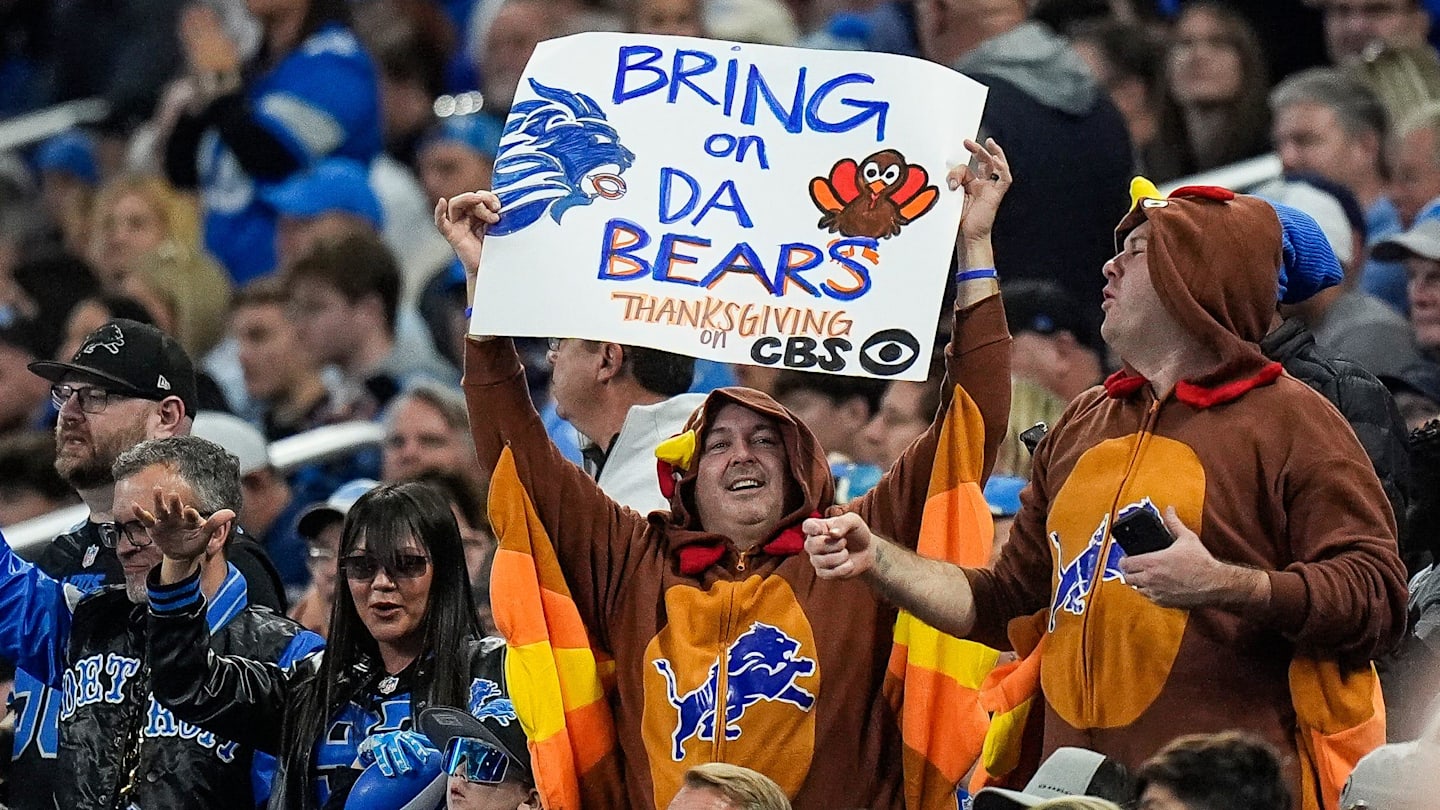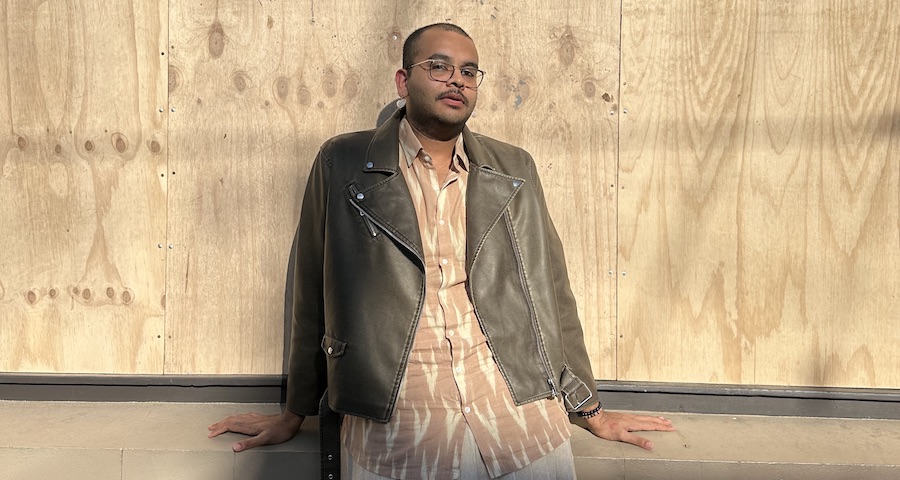Bussiness
Beloved and despised, longtime Union-Tribune business columnist leaves indelible legacy

He was a rugged son of the Midwest and a zealot for the University of Wisconsin Badgers who earned a degree in business but forged his reputation as an unafraid muckraker, challenging the powerful and exposing financial schemers wherever he could sniff them out.
Don Bauder, the longtime business editor and columnist for The San Diego Union-Tribune who delighted in exercising the old journalism adage to afflict the comfortable and comfort the afflicted and who frustrated his subjects and editors with equal measure, died June 21 at his home in Salida, Colo. He was 88.
Bauder, broadly known and feared across San Diego County business and political circles, relished the chase that few in his chosen field have mastered: finding, confirming and reporting on the cheats and scoundrels who permeated every market in which he worked.
His work sold papers, and often had serious consequences.
Bauder fell in and out of favor with his bosses, and when he finally agreed to a cake-and-speeches send-off marking his 2003 departure from the Union-Tribune, he insisted it be held at the same time editors were huddled in one of their afternoon meetings.
For a time in the 1980s, Bauder was the face of what was then The San Diego Union, with his image appearing on news racks and other spaces promoting the newspaper in the years before it merged with the Evening Tribune.
He loudly opposed public subsidies for the San Diego Padres and the former San Diego Chargers, saying billionaire owners could pay for their own damn stadiums. Those particular positions did not prevail among elected officials, however.
More than once he agitated influential advertisers, prompting demands that he be fired or otherwise tempered. He received more death threats than he could count but refused to alter his approach to his craft.
“Only one of our clients had a protocol named after him: Bauder Alert!” said Harold W. “Hal” Fuson Jr., longtime chief legal counsel of The Copley Press, which owned the Union-Tribune and dozens of other newspapers for many decades.
“There was a period when Don had a list of scalawags as long as my arm,” Fuson said. “He only had time to turn out a finished conviction about once a week, and it often seemed the list of common financial scofflaws would never end.”
Tops among those may have been J. David Dominelli, the convicted fraudster who launched an investment firm from the basement of a Mexican restaurant in 1979 and stole some $80 million from a host of prominent San Diegans before he was exposed five years later.
The story, which made national news at the time, unfolded in a series of reports in the San Diego Union before Bauder authored “Captain Money and the Golden Girl.”
The book was a vivid retelling of the notorious Ponzi scheme Dominelli perpetrated with girlfriend Nancy Hoover, the former mayor of Del Mar. They were both eventually sentenced to prison for financial fraud.
Bauder knocked out the book during a 30-day leave from the newspaper. It landed on the Los Angeles Times bestseller list for more than two months.
Craig D. Rose, the former Union-Tribune technology and utilities reporter hired by Bauder in 1987, said his old editor was renowned across the newsroom for standing by his reporters and keeping meticulous tabs on the thousands of pages or documents piled high on his desk.
“He knew the markets. He knew filings. He knew the SEC, and he knew about financial scams and how they worked,” he said. “One of his best lines was, ‘Most thievery is legal.’”
Bauder would never ask someone to do a job he would not do himself, Rose said.
“Nothing was beneath him,” he said. “If you asked him to sweep the floor, he would sweep the floor and come back with a story about rip-offs in the cleaning industry. He had an insider’s knowledge of corporate complexity and an outsider’s outrage.”
Donald Charles Bauder was born in Chicago on May 28, 1936, and grew up in the nearby suburb of Glen Ellyn. He ventured north to attend the University of Wisconsin, where he earned a bachelor’s degree in business administration in 1960.
The young business major served in the U.S. Army before returning to the University of Wisconsin for a master’s degree in journalism.
He spied a young Ellen Templeton lingering by the record player at a house party in 1961 and struck up a conversation about music. The Northwestern University history student had arrived with someone else but gave Bauder her phone number before the night was through.
“The next weekend I was out on a date, and my roommate at Northwestern said there had been a call for me,” she said. “This was the 1960s, and there was one telephone for each floor. She said this nut had called, and he said he’s madly in love with you.”
The university undergraduate agreed to a date, and the two became fast friends. During her previously planned three-month tour of Europe that summer, she said Bauder sent letters to her hotels weeks in advance so they would be there when she arrived.
At a dinner party in early 1962, a friend asked Bauder when he and his girlfriend planned to marry. Without skipping a beat — or the benefit of a formal proposal — he answered “September.”
His future bride said her friend was as surprised as she was.
“She said, ‘Why didn’t you tell me you were getting married,’ and I said, ‘Because I didn’t know,’” said Ellen Bauder, now his wife of 60-plus years.

Don Bauder began his career at Illinois Bell Telephone but did not take to corporate culture. He quickly put his graduate degree to work and accepted a position in the Chicago bureau of what was then known as Business Week magazine.
Ellen Bauder said she and her husband agreed that they would always work toward mutual satisfaction in their careers. He supported her while she earned a master’s of her own and later a doctorate in plant population ecology, specializing in vernal pools.
She followed him to Ohio when he moved to the magazine’s Cleveland office, and Bauder set to work unmasking grifters, flim-flam men and other financial reprobates in three-piece suits.
“Before long, it was pretty obvious that some of his bosses had some serious problems with his stories,” Ellen Bauder said. “That was the first time it became clear that management was more interested in advertisers than reporters.”
The couple decided to move to the West Coast, where relatives were based in different cities. They flew into Seattle, rented a car and visited every major city on their way south. By this time, Bauder was only interested in newspaper jobs.
The call came from the San Diego Union, where he spent the next 30 years.
Sandy Young spent much of that time at Bauder’s side, helping him with whatever he needed to finish a column, fielding calls and scrolling the wires and stock tickers on his behalf.
“He took all the calls from anyone who called,” she said. “If somebody wrote him something, he responded in writing and replied to them.”
Bauder fought to make sure dividend reports were included on the business page, because seniors who invested in the stock market needed to know about their earnings, Young said. He avoided listing penny stocks in the paper because he did not trust those companies.
“He was not good with computers, coding or passwords, but he was great with people,” she said. “He helped people find their niche and bring out their best work. That’s one reason so many of us have been so loyal to him.
“He thanked me every day when I went home,” she added. “Who does that?”
Bauder was constantly approached for television and radio appearances, as well as speaking engagements. He raised thousands of dollars for the San Diego Opera — one of his great passions — by eschewing speaking fees and instead directing his audiences to steer money to the charity.
He left the Union-Tribune in 2003 and moved with his wife to Salida, Colo., a small mountain town south of Denver.

He continued writing about San Diego businesses, penning a column with the weekly San Diego Reader newspaper for another 15 years. He never wavered from his chief passion: calling out thievery and laying bare whatever swindles or tricksters he could find.
“He was the consummate professional,” said Michael Aguirre, the former federal prosecutor and elected San Diego city attorney who filed many public-interest lawsuits sparked by the reporter’s exposes.
“The work just took hold of him, and he could see he was having an impact.”
Bauder is survived by his wife, Ellen Templeton Bauder, of Salida, Colo.; two sons, Russell Bauder of San Jose and Clinton Bauder of Cupertino; and two grandchildren. He was preceded in death by his parents and his brother, George Bauder.
No public services are planned.








